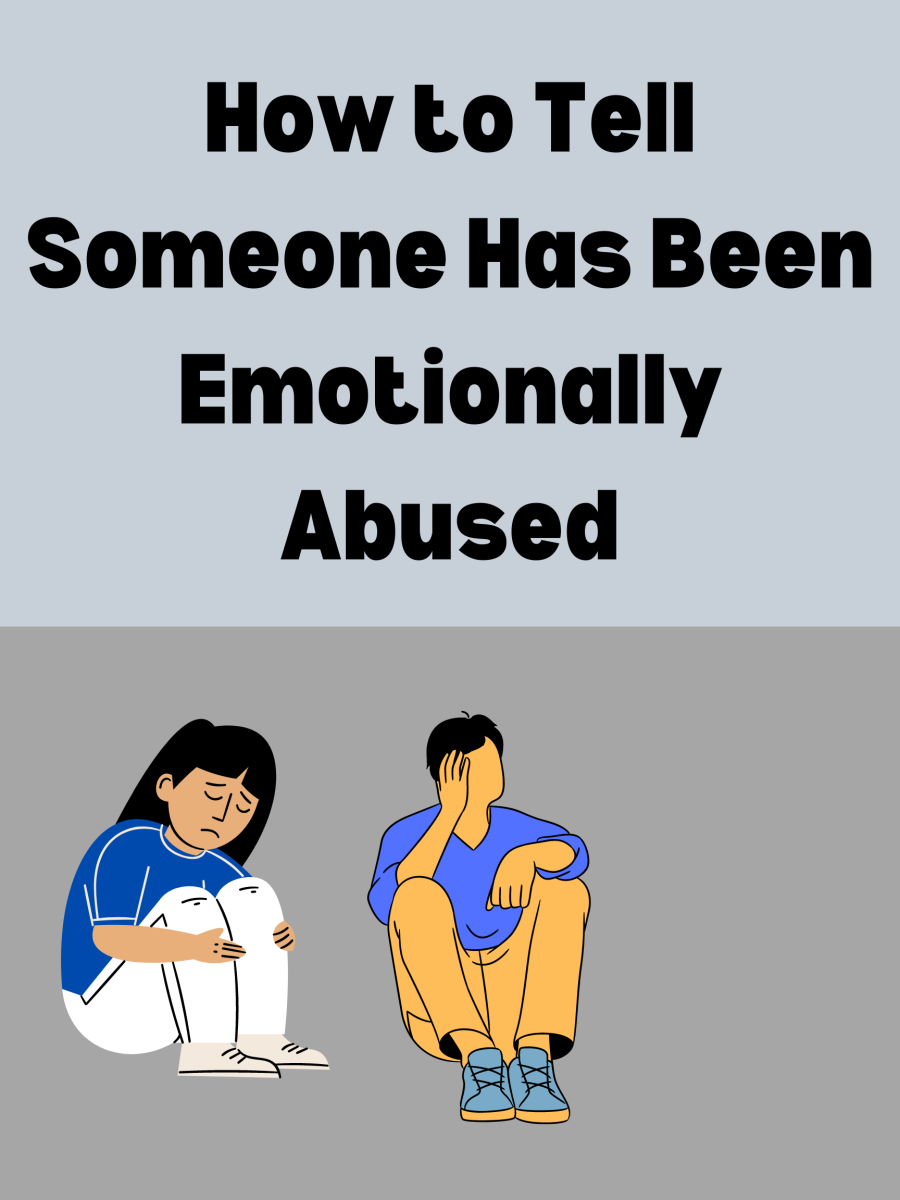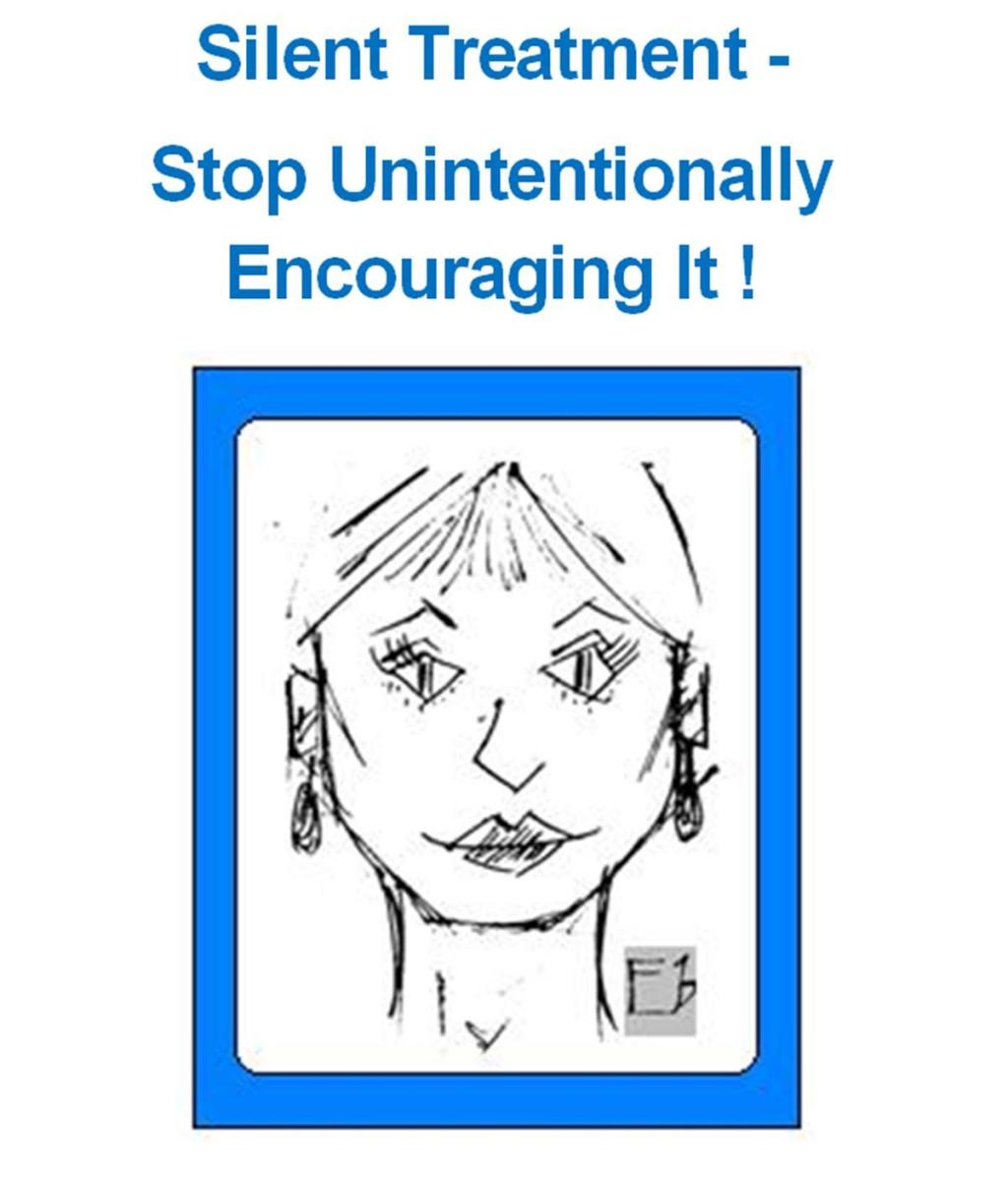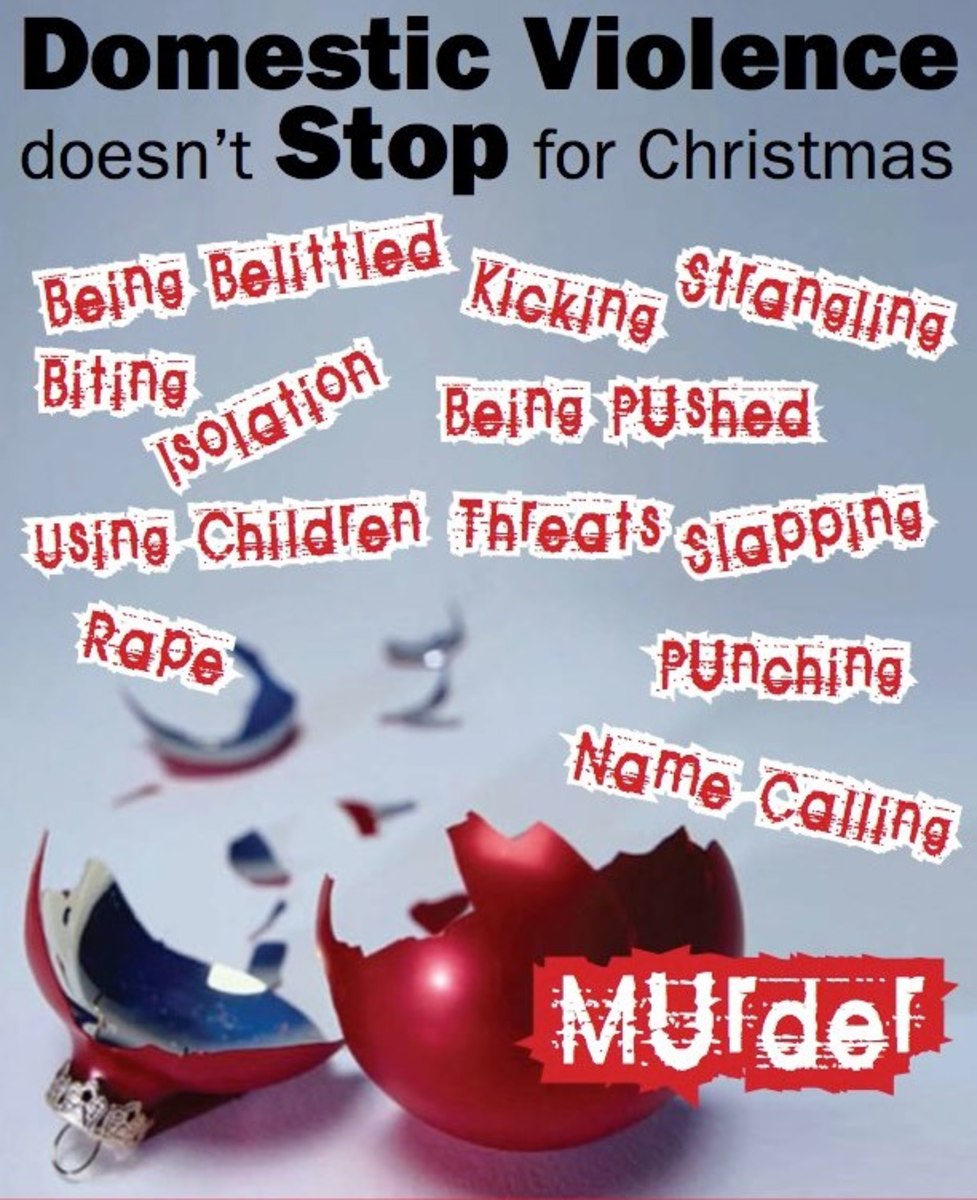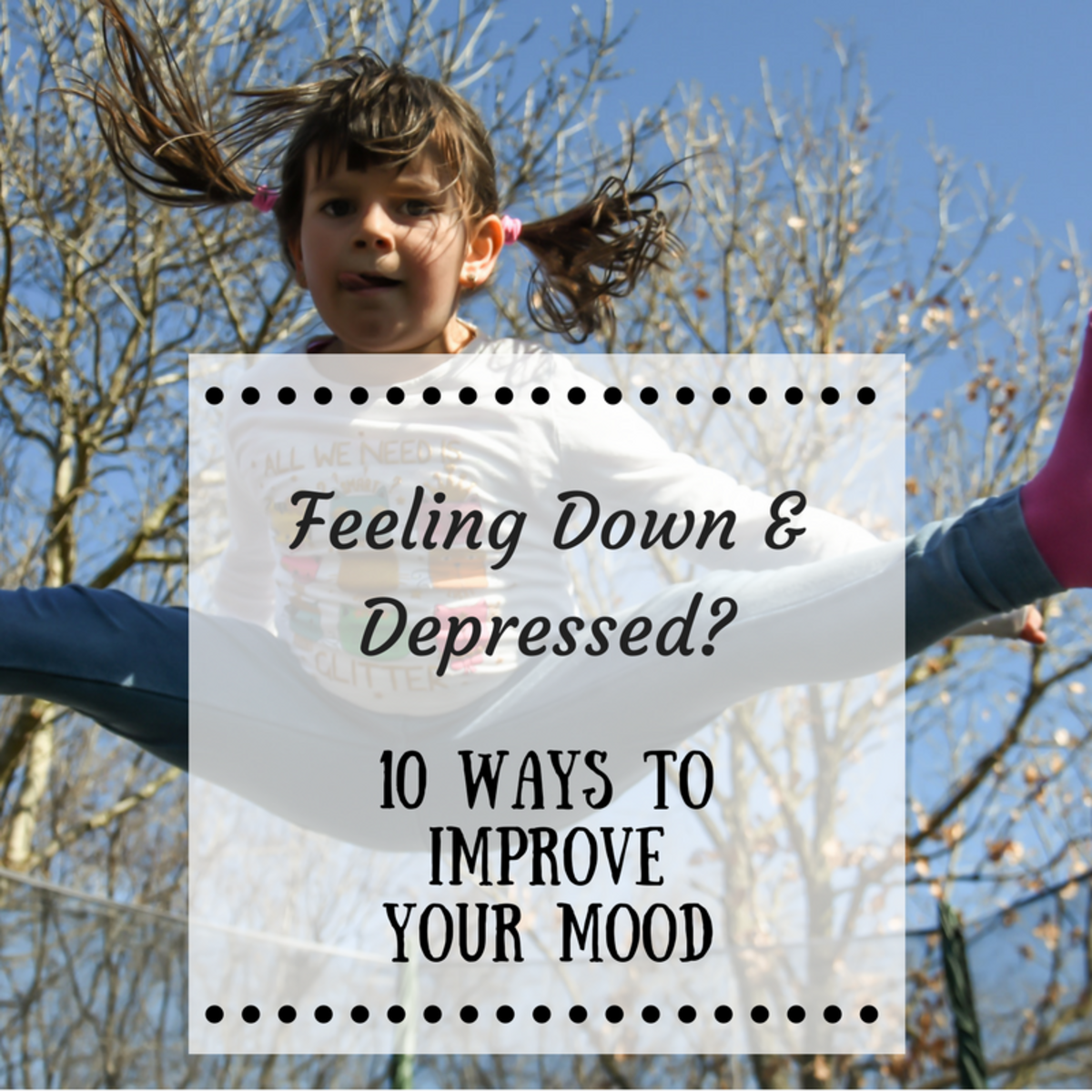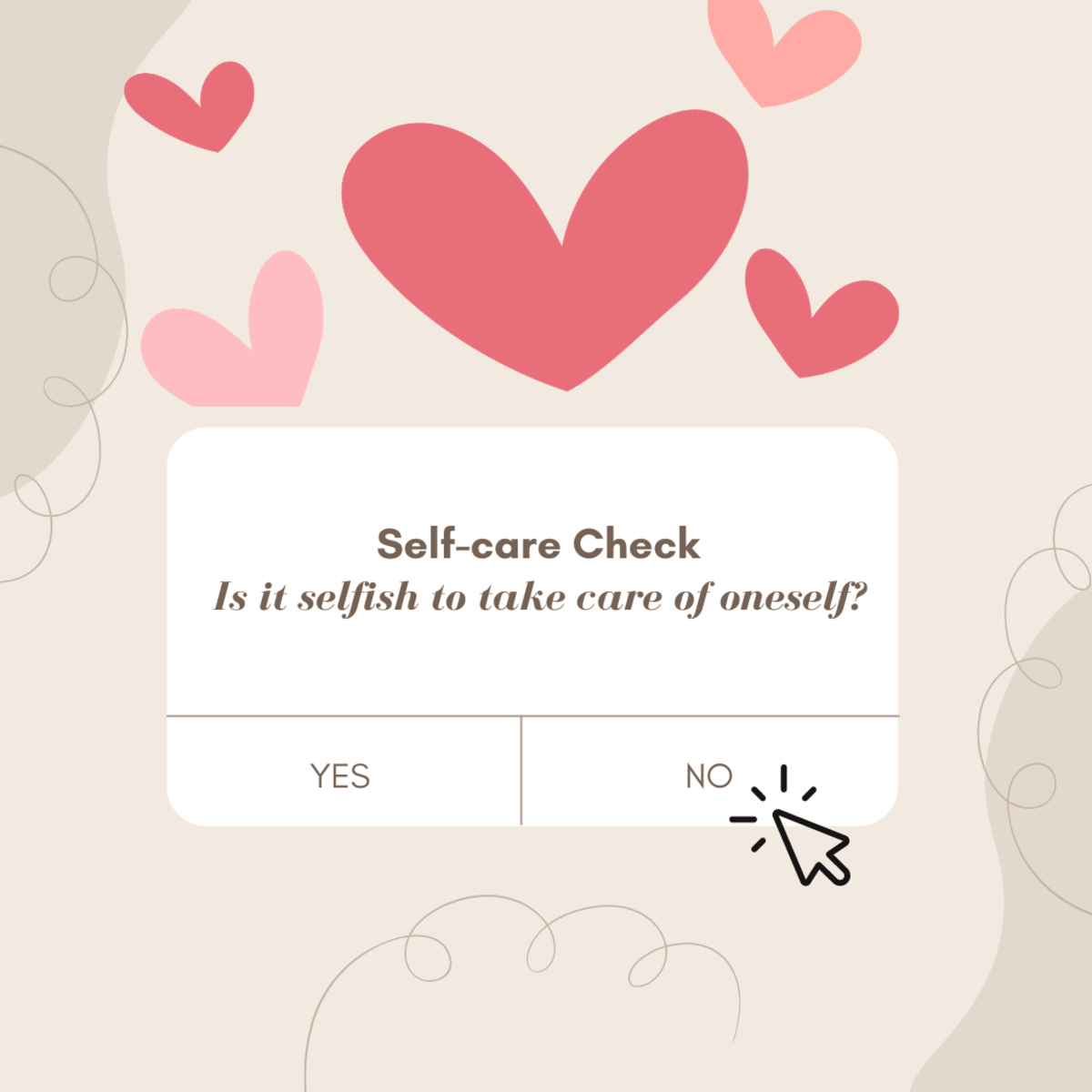5 Steps to Help You Overcome Parental Emotional Abuse as an Adult

Abuse is never something that one willingly goes through. At times, it can even happen without the one that is being abused recognizing the signs. Having gone through abuse does not make someone in any way lesser, and they should not feel humiliated by this. The easiest way that someone can get emotionally abused without having a way to escape is getting abused by a family member while they are growing up.
If you or someone you know has gone through this process and you are trying to find a way to get help and understand the situation to overcome, these five steps that I will talk about may help you on your journey.

Recognize that the abuse is happening/ has happened
When we first hear ‘physical abuse,’ we immediately understand what this means. An individual is getting physically hurt by someone in various ways. However, when we think of mental abuse (or psychological abuse) thinks are harder to define. The line tends to blur even more when the abuser is a member of the family.
At its core, your close family is supposed to help you grow up and support you in your life decisions while also giving you advice and gently guiding you on a path that is most beneficial. This is not always the case. Some children (or even adults) may have grown up feeling scared of their parents, afraid to tell them things since they can gauge their reactions. If you feel like you might have been a victim of abuse but it is still difficult for you to pinpoint the cause, I have compiled a list of behavioral patterns that indicate emotional abuse. These patterns are:
- Overly critical – if one or both of your parents have always been critical of any of your choices, this might indicate that they are abusive. One such example would be having a parent that would always criticize your school performance, your style of dress, your friends, your passions, and sometimes maybe even your talents. If they give off the feeling that they are never satisfied with what you are doing or that they feel that what you are doing is worthless, that is a sure sign that they have abusive tendencies. Especially if the continually voice their negative opinions towards you.
- No respect – If you have ever heard one of your parents continuously tell you that they cannot trust you since you do not give them a reason to trust you, that they cannot let you do something or that what you have chosen to do with your life is worthless in their eyes, then this is a clear sign that they have no respect.
- Controlling – If one or both of your parental figures have controlled what you wear, what your hair looks like, what you eat, how you eat, what you can and cannot do to a suffocating level, they are trying to control you. This stems from their desire to shape you into what they think is ‘right’ with no regards towards what you want or what you like. They might let you pick something for yourself, but overall they will always have the final say in the smallest of matters. This might make you feel suffocated or like you cannot find a way to express yourself and evolve as a person.
- Verbal abuse – yes, verbal abuse is different from emotional abuse, but that does not mean that these two are not linked. If a parent often addresses you with crude terms, possibly including slurs, they are abusive. If they keep calling you names that means they do not care if they hurt you. If they verbally threaten you with physical abuse over not doing what they want from you, then they are incredibly toxic and abusive from an emotional perspective.
- Shaming – if they constantly shame you with crude remarks over your weight, your fashion sense, what you want to do in your life, who are your friends etcetera they are emotionally abusive and manipulative

Understand that this is not your fault
If you have been continuously bombarded as a child and are still bombarded now with emotional abuse behaviors from your parents, you might start to think that this is your problem. You may conceptualize the fact that they are your parents and that they know what they are saying. Despite this, you might also understand that they are using emotions and words to control you as much as they can.
The line sometimes gets blurred, and you may feel conflicted. This is normal, and you should not feel sorry about it. It may get difficult to finally understand that this is not your fault. It gets harder to detach yourself emotionally and look at the situation from an objective perspective since they are your parents. They are the people that you are supposed to lean on to help you as you grow up yet you fear them and their reactions.
To make this more comfortable for you, if you are an adult who has a history with parental emotional trauma, here is a YouTube video which shows you some of the thoughts that people in your position might have had at one point or another. This clip is important; it shows you that you are not alone and that your thoughts are justified and what you have gone through is real.
Speak with someone about it
Having no one to talk about your feelings can become a burden in the long run. If you have experienced or are experiencing parental emotional abuse, then you might find a confidant in a close friend. If you know that you can trust that person and you are comfortable to talk about what you have gone through, feel free to have a discussion about this problem.
Yes, you might find it difficult and at times your emotions might get the best of you, but it is better to let things out and openly voice out what has happened or is happening to you. This will make you feel better. Words are better at expressing what you feel. If you know that the person who you are going to speak to will actively listen and give his or her advice when it is needed, then this might be one of the most important steps in your path to getting past this moment.
Professional help is advised since they can offer you more details on what you are dealing with and how to overcome it, due to their extensive experience and their education. If you feel like it is not safe for you to seek professional help or you do not have the money to do it, then a close friend might be just as good of a choice. If you are still feeling torn about your reactions and how to deal with this history of abuse I recommend that you watch this TED Talk clip. It talks about childhood trauma and how you can understand and acknowledge that the abuse that is happening to you is just as real and as valid as the abuse that might be happening to someone else. Don’t disregard what you are going through.
Confront them
This is the most difficult part of all. Yet again. This is a pivotal step in getting over the emotional abuse that you have gone through and got some closure. However, speaking with your abuser is not advised unless you are ready for it. Do not feel pressured to talk to your parents about why they have emotionally abused you as a child or about why they are constantly doing it unless you feel that you can hold your own in the discussion.
Do not feel ashamed if you cannot confront them right away. It might take you weeks, months, or even years to finally get ready to have ‘the talk’ with your abuser. If you do not want to do it at all, then feel free to skip over this step. You are not obligated in any way to do this if you are afraid and if you just want this situation to be over with.
If you have chosen to talk to them about what you have gone through the discussion can go a couple of ways. If you do not know what to say to them, you can voice out your feelings in a safe manner by saying “I want you to know that what you have done to me hurt me.” “I want to understand why you did this.” “I want to tell you that ______ hurt me as a child/hurts me.” Other helpful phrases might be “I am not comfortable with this,” “I need to know why this happened,” “Why did you do that if you knew it would hurt me?”.
One thing that I would suggest avoiding is using the word “please” since it may give off the vibe that you are pleading for their answers, giving them the upper hand. Be concise and calm during this discussion. If your parent(s) can understand that what they have done is wrong and the talk between you turn to ways in which this abuse can be fixed and remedied despite the damage that it has left then things might take a turn for the better.
If your parental figure can acknowledge that what they have been doing is wrong and that they have hurt you in extensive ways, then they might be willing to fix their behavior. If they cannot understand your complaint and feel that what they have done to you is entirely justified and they feel no remorse whatsoever since they do not catalog it as abuse but as regular parental decisions, then we move on to the last part of this article.

Leave
This is by far the most difficult. Before I go into more details, I would like to tell you that you should be financially and emotionally stable before you make this loop, especially if you are still living with them or depend on their money. If you cannot deal with their abusive behavior anymore and you feel the need to get out then make sure that you have some money saved to help you before you settle down away from them. Ask a friend to let you sit at her or his place for a while before you sort things out.
Getting away from your abuser might be by far the most challenging thing that you will ever have to do but if it gives you peace of mind and makes you feel less anxious and less threatened then this might be the best step. Especially if they will never understand and admit that what they have done is wrong and has hurt you emotionally.


